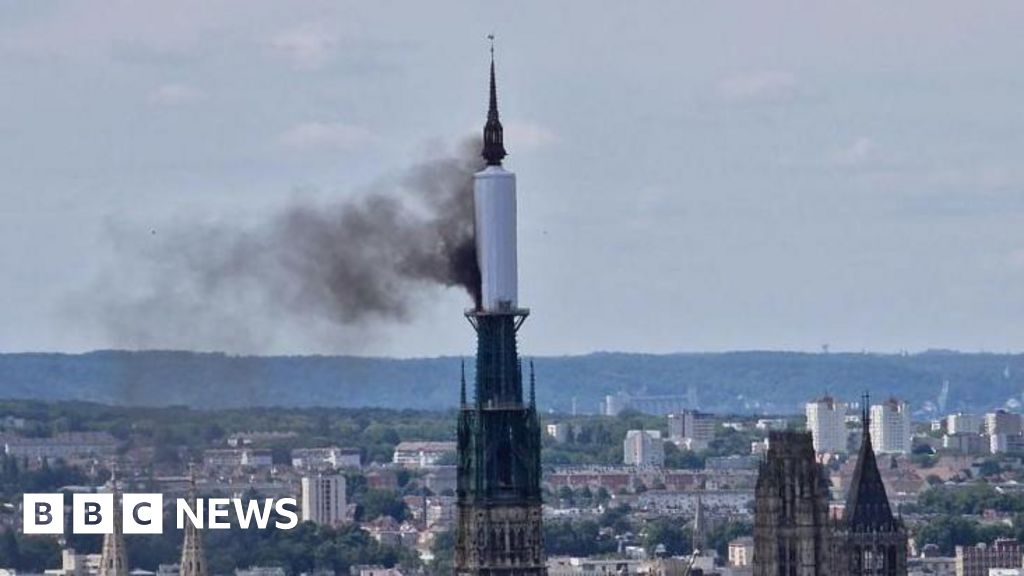Rondo Energy financing shows new way through the “valley of death” of the climate startup

Outside of AI, few startups have attracted venture capital like climate tech has. And like AI, companies in this sector need big cash injections, sometimes well beyond what a typical venture capitalist would offer, to reach a scale where they can make a name for themselves.
A new deal with Rondo Energy, the manufacturer of thermal energy batteries, points to the future: through philanthropic grants.
Climate tech startups like Rondo, especially those building hardware, face a particular challenge when they want to move beyond the prototype or pilot phase and start selling finished products to customers. Some call it the “commercial valley of death,” others talk about the “first-of-a-kind” problem.
At this stage, it is very difficult to raise capital because investors lack a plan to help them balance risk and return.
Venture capitalists are hesitant to get involved at this stage because much of the technical risk has already been resolved and the returns will therefore not be as high. On the other hand, infrastructure investors who would normally finance projects of this scale are unwilling to get involved because unique assets are considered too risky. The dilemma is so widespread and pressing that it has become a constant topic of conversation among climate technology investors – almost to the point of obsession. (Exantia, for example, has produced “first-of-its-kind” themed merchandise.)
The folks at Bill Gates’ Breakthrough Energy Ventures aren’t immune either. In addition to its venture arm, the company also runs a growth platform called Catalyst, which helps promising venture-backed companies cross the valley of death. This week, the company announced a deal that could serve as a model for others.
Together with the European Investment Bank, Catalyst announced on Wednesday that it would provide €75 million in project funding to install three of Rondo’s thermal batteries, which can store sweltering heat for up to 18 hours. One goal of the funding is to prove that the startup’s product can replace fossil fuels in a range of industries. But it’s the nature of the deal that could ultimately have a bigger impact.
While the European Investment Bank’s portion of the funding is a loan, Catalyst’s is a grant. Grants are not unusual in climate tech, but are usually given earlier, when the science or technology is not yet proven. Catalyst hopes to use its grant to help Rondo address a later-stage problem: customer adoption.
“This is a commercial-scale application and deployment. There’s no testing here. It’s just the fact that this has never been done before,” Mario Fernandez, head of Breakthrough Energy Catalyst, told TechCrunch.
While the three customers involved in the deal – a chemical plant, a thermal power plant and a food and beverage factory – were willing to take the risk of adding a new technology to their operations, they were not necessarily interested in paying for the privilege. Infrastructure investors were also unwilling to advance them the money – at least not yet.
“In the infrastructure world, there’s a long list of boxes you have to check off to make these investments,” Fernandez said. “Part of our mission is to figure out how to check off those boxes in a way that makes them feel comfortable enough to participate.”
Catalyst hopes that the three Rondo installations will prove to infrastructure investors that projects like these are sound investments and that the risks involved are adequately described. Ideally, the new projects will not only unlock funding for future Rondo installations, but also provide a roadmap for other investors and startups working with similar technologies.
“We obviously don’t have the money to de-risk every single technology path,” said Fernandez. “Our task is much bigger than funding individual projects. It’s about advancing the entire ecosystem.”



